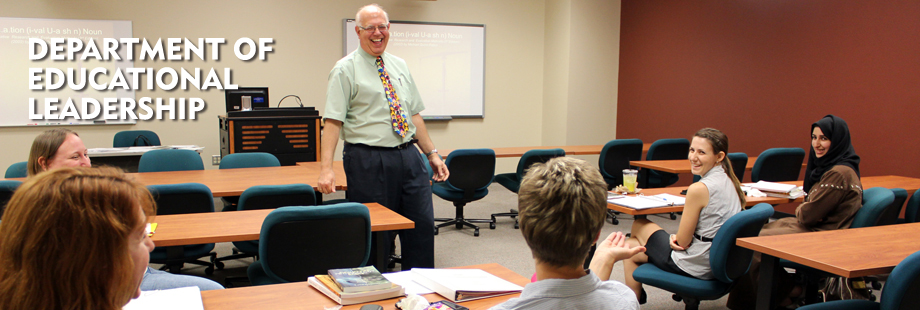Document Type
Article
Publication Date
2012
Publication Source
International Journal of Law and Education
Abstract
A significant interconnectedness exists between and among schools, parents, students with disabilities, and local communities. A topic of great interest in Australia, New Zealand, the United States, and beyond, educators, working in conjunction with their attorneys, struggle with meeting their legal duty to meet the needs of students with disabilities, not only when they are in school but also when they leave formal educational settings since they must then sustain themselves for the rest of their lives. As educators seek to meet the educational needs of students with disabilities, an area that often presents a major controversy is discipline, particularly when students’ actions threaten the safety of learning environments.
At the same time, though, disciplining or excluding students with disabilities, however necessary, may limit their ability to complete their schooling as they prepare to support themselves when they move into the ‘real world’. In fact, serious issues arise when educators must evaluate whether student misbehavior is a manifestation of their disabilities, which has implications for both discipline and educational services. Further, since students whose misbehavior is a manifestation of their disabilities cannot be excluded from school, as can their peers who are not disabled, such situations create a tension in which parents and others might argue that differential disciple violates the due process rights of those who are not disabled. Based on the evolution of legal questions associated with disciplining students with disabilities, the remainder of this article is divided into two substantive sections. The first part of the paper examines legal developments in the United States by tracing the evolution o f the Individuals with Disabilities Education Act (IDEA),1 an extensive statute on the rights of children with special needs in the hope that this will be informative to educators from other nations, most notably Australia and New Zealand where the law is not as prescriptive in this regard as in the United States. This section of the paper also examines legislation and litigation in the United States. The second part of the paper offers practical recommendations to educators and their lawyers on steps that they may take to protect the due process rights of students with disabilities who are subjected to discipline. This portion of the paper includes a discussion of policy development as well as the parameters and acceptable forms of discipline such as the use of time out rooms, physical restraints, and exclusions from school. The paper rounds out with a brief conclusion.
Inclusive pages
63-73
ISBN/ISSN
1836-9030
Document Version
Published Version
Copyright
Copyright © 2012, International Journal of Law and Education
Volume
17
Issue
2
Peer Reviewed
yes
eCommons Citation
Russo, Charles J. and Osborne, Allan G. Jr., "Disciplining Students with Disabilities: An American Perspective" (2012). Educational Leadership Faculty Publications. 162.
https://ecommons.udayton.edu/eda_fac_pub/162
Included in
Educational Assessment, Evaluation, and Research Commons, Educational Leadership Commons, Education Economics Commons, Elementary and Middle and Secondary Education Administration Commons, Higher Education Administration Commons, Other Educational Administration and Supervision Commons, Special Education Administration Commons, Urban Education Commons




Comments
Document has been made available for download by permission of the publisher. Permission documentation is on file.